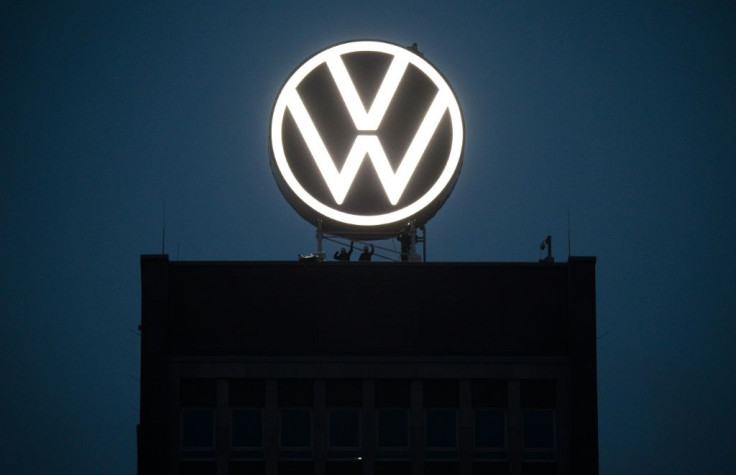German Prosecutors Charge Current And Ex-VW CEOs With 'Market Manipulation'

German prosecutors said Tuesday they had charged Volkswagen chief executive Herbert Diess, former boss Martin Winterkorn and supervisory board chief Hans Dieter Poetsch with "market manipulation" relating to the car giant's "dieselgate" scandal.
The three are "accused of deliberately informing capital markets too late about the significant payment obligations in the billions arising from the so-called 'diesel scandal', thereby illegally influencing the share price," prosecutors in the north German city of Brunswick said in a statement.
Tuesday's move means the trio are on the threshold of a full trial, like Rupert Stadler, former head of Volkswagen subsidiary Audi, who was charged by Munich prosecutors in July.
At issue is the sprawling 12-brand Volkswagen group's 2015 admission to manipulating 11 million vehicles worldwide to fool regulators' emissions tests.
Motor control software activated systems to reduce output of harmful nitrogen oxides (NOx) only under lab conditions, while allowing them to exceed legal limits by up to 40 times in real driving.
Diess, Winterkorn and Poetsch -- who all sat on the executive board in 2015 -- failed to inform investors of the cheating as soon as they knew about it and the massive financial risks for the company, "against their legal obligation," prosecutors said.
Diess has run VW since April 2018, but joined the board as Volkswagen brand chief in 2015.
In early September, he told AFP at the Frankfurt IAA car show that there was "no question" he would step down if charged.
Winterkorn was at the controls from 2007 to 2015, stepping down soon after the scandal broke.
In April, he was charged with serious fraud, unfair competition and breach of trust by prosecutors in Brunswick, alongside four other suspects.
The dieselgate scandal shook Volkswagen to its foundations, and with it Germany's flagship car sector, a pillar of the economy that employs around 800,000 people.
It has cost VW alone more than 30 billion euros ($33 billion) in fines, legal costs and compensation payments to car owners -- the vast majority in the United States.
At home, Audi, Porsche and the Volkswagen brand have paid a total of 2.3 billion euros in fines for negligence in failing to stop the cheating -- the only way to punish the companies themselves in German law.
Still on the boil are multiple inquiries looking to determine who within the companies was responsible for the cheating.
Brunswick prosecutors' probe has had almost 40 people in its sights.
Neither have investors or car owners been idle.
Shareholders have launched a massive joint lawsuit demanding nine billion euros of damages, while some 400,000 drivers' cases have been bundled into a trial that will begin on September 30.
© Copyright AFP 2024. All rights reserved.











